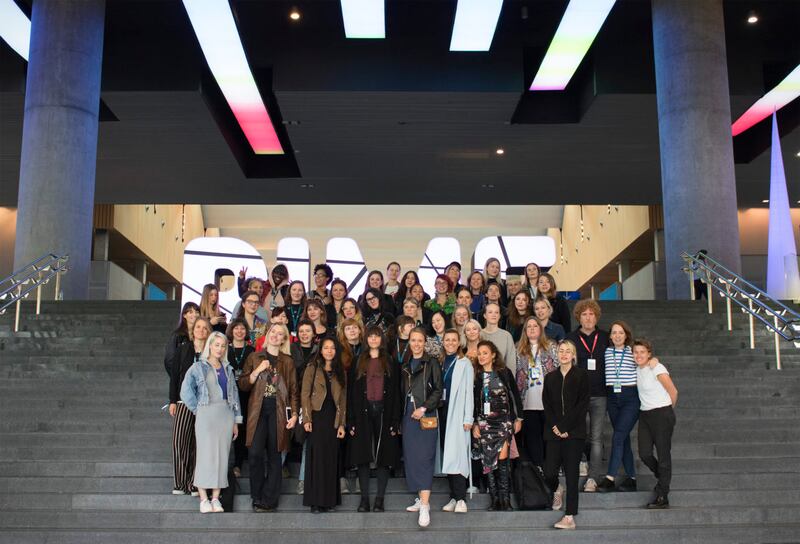An industry leader will launch a Europe-wide manifesto calling for gender equality in music, both on stage and behind the scenes.
The four-step programme, produced by the PRS Foundation’s international Keychange initiative, will be presented at the European Parliament in Brussels today and calls for sweeping reform across the industry.
Entitled the Keychange Manifesto: Recommendations For A Gender Balanced Music Industry, the document calls for codes of best practice at board level, gender balance targets and public sector investment in female artists.
Delivering the manifesto will be the foundation’s CEO Vanessa Reed, who was this year named the third most powerful woman in music behind Beyonce and Taylor Swift, according to BBC 4’s Woman’s Hour.

Described by Reed as a “powerful starting point for further debate”, the manifesto was created following a survey of 60 emerging female artists and innovators, and seven European and Canadian festivals.
The publication challenges the European Parliament, the European Commission, the governments of the European Union’s member states and the music industry at large to enact a raft of reforms.
Keychange, a talent development initiative, counts Glastonbury organiser Emily Eavis, singer Imogen Heap, Garbage frontwoman Shirley Manson and producer Tony Visconti among its ambassadors, and aims to empower women to transform the future of the music industry.
In February, Keychange organised a pledge which lead to 45 international music festivals and conferences committing to achieve or maintain a 50/50 gender balance on their lineups by 2022. BBC Proms and BBC Music Introducing Stages were among those to sign up.
The manifesto also calls on all national governments within the European Union to force companies to publish a breakdown of their gender pay gap, a law already enforced in the UK and Iceland.
The document also singles out the UK government, asking it to continue paying into the European Union’s cultural and education programme after Brexit. On top of that it also calls for the UK government to allow working musicians special dispensation to travel in the post-Brexit landscape.

Reed said: “Alongside the overwhelming interest in the Keychange Festival pledge, the manifesto highlights the valuable contributions Keychange artists and innovators are making to the wider reaching debate about what needs to change in the industry.
“Collaborative action and a wholesale look at how we can nurture and sustain a broader range of talent in our workforce underpins their proposals.
“I hope this first set of recommendations provides a powerful starting point for further debate about the best practical steps towards tangible and lasting improvements which will benefit everyone.”
Alex Schulz, founder and director of Hamburg’s Reeperbahn Festival, said: “As a Keychange partner, it’s been great to see how quickly awareness has spread amongst festivals across the world who’ve joined in with our collective pledge towards gender equality.
“As many of our events are at the same time market-places for talents, this pledge will definitely change the gender balance among the next generation of headliners.
“The manifesto gives us a chance to reflect on challenges across other parts of the music industry which impact on the female artists and industry pros we’re supporting.
“I hope the manifesto’s recommendations will stimulate further collaboration between the industry, governments and the European Commission, and that we start to see more companies nurturing and benefiting from the full breadth of talent which could be contributing to music in Europe.”








